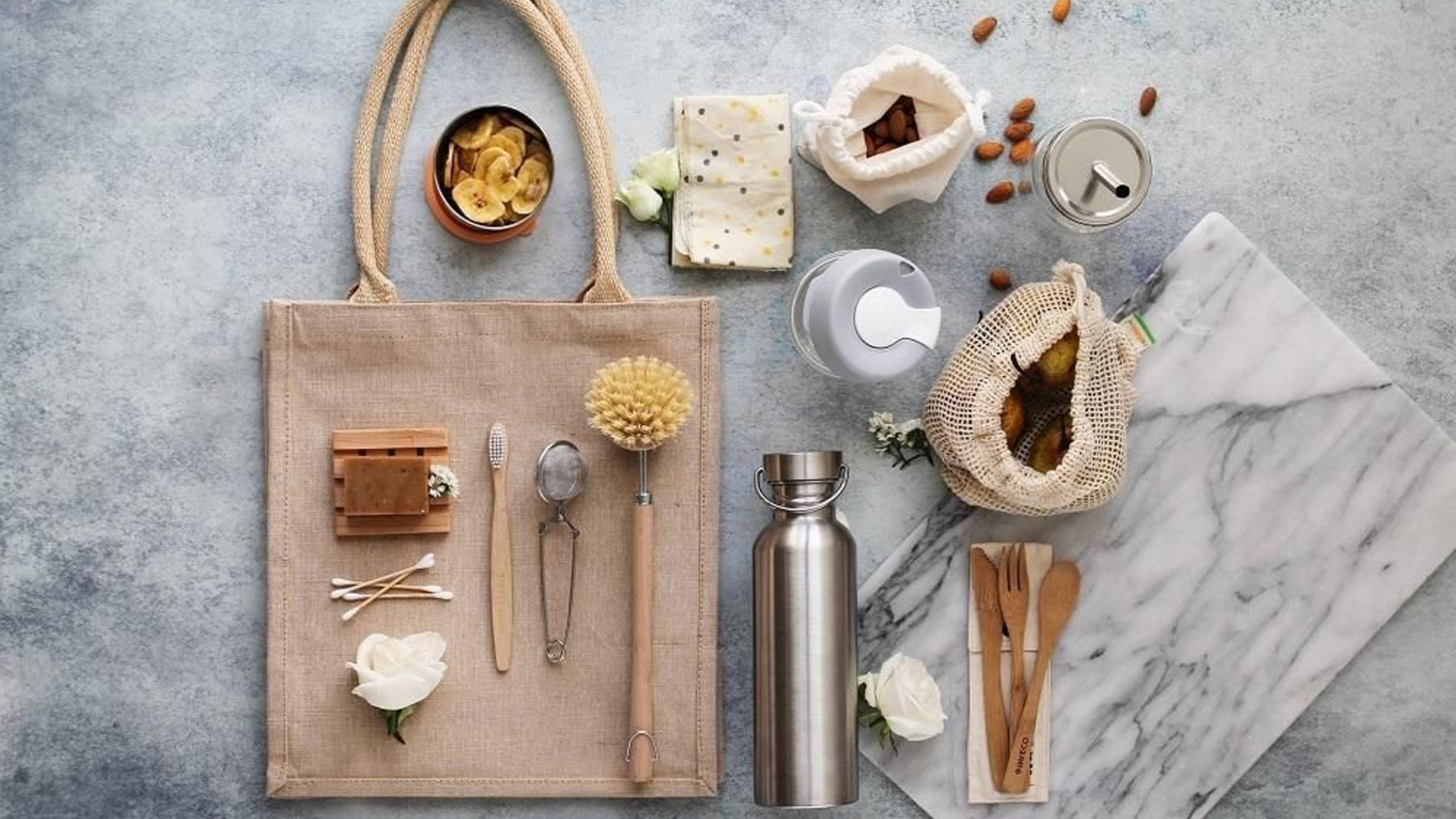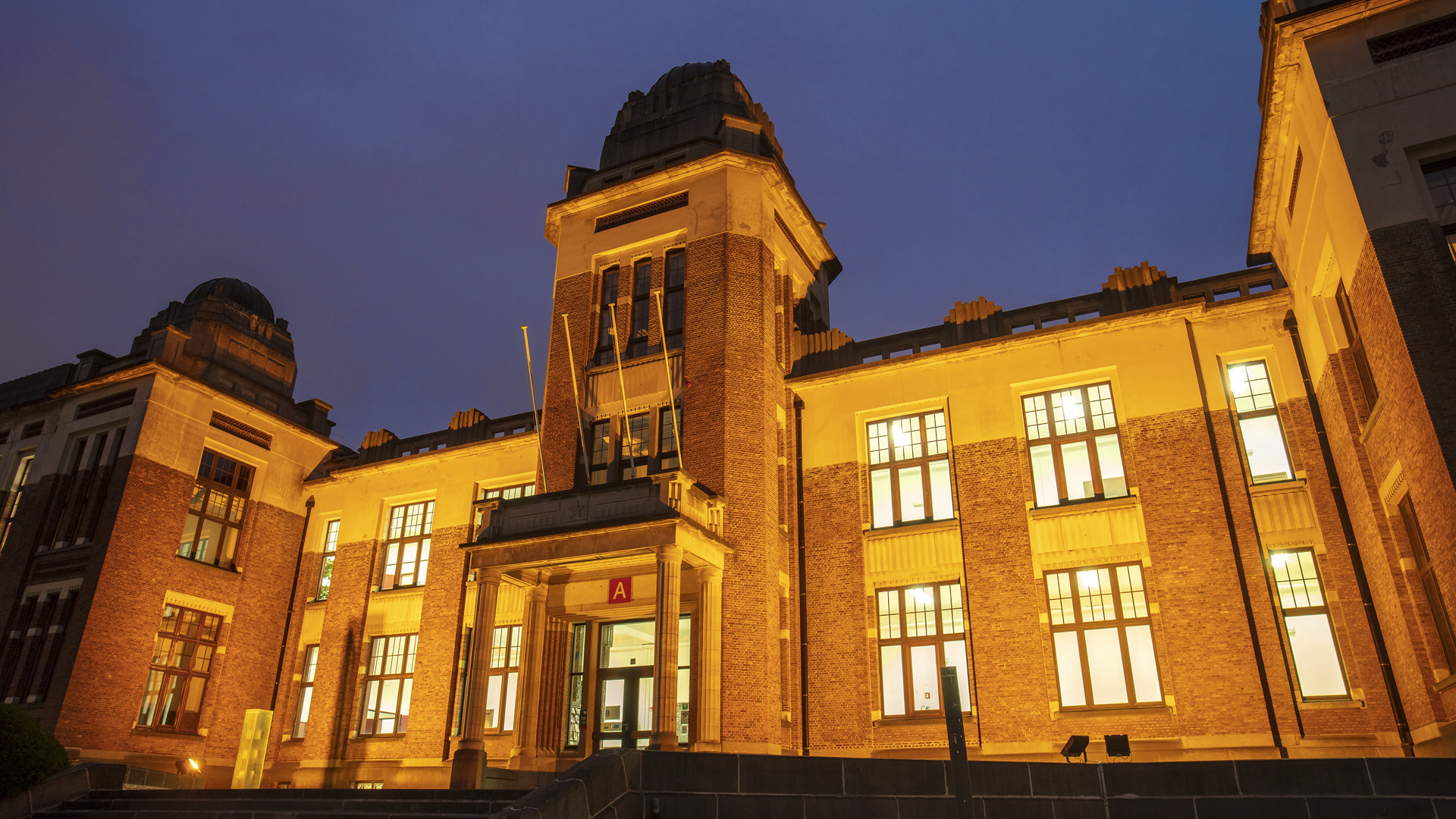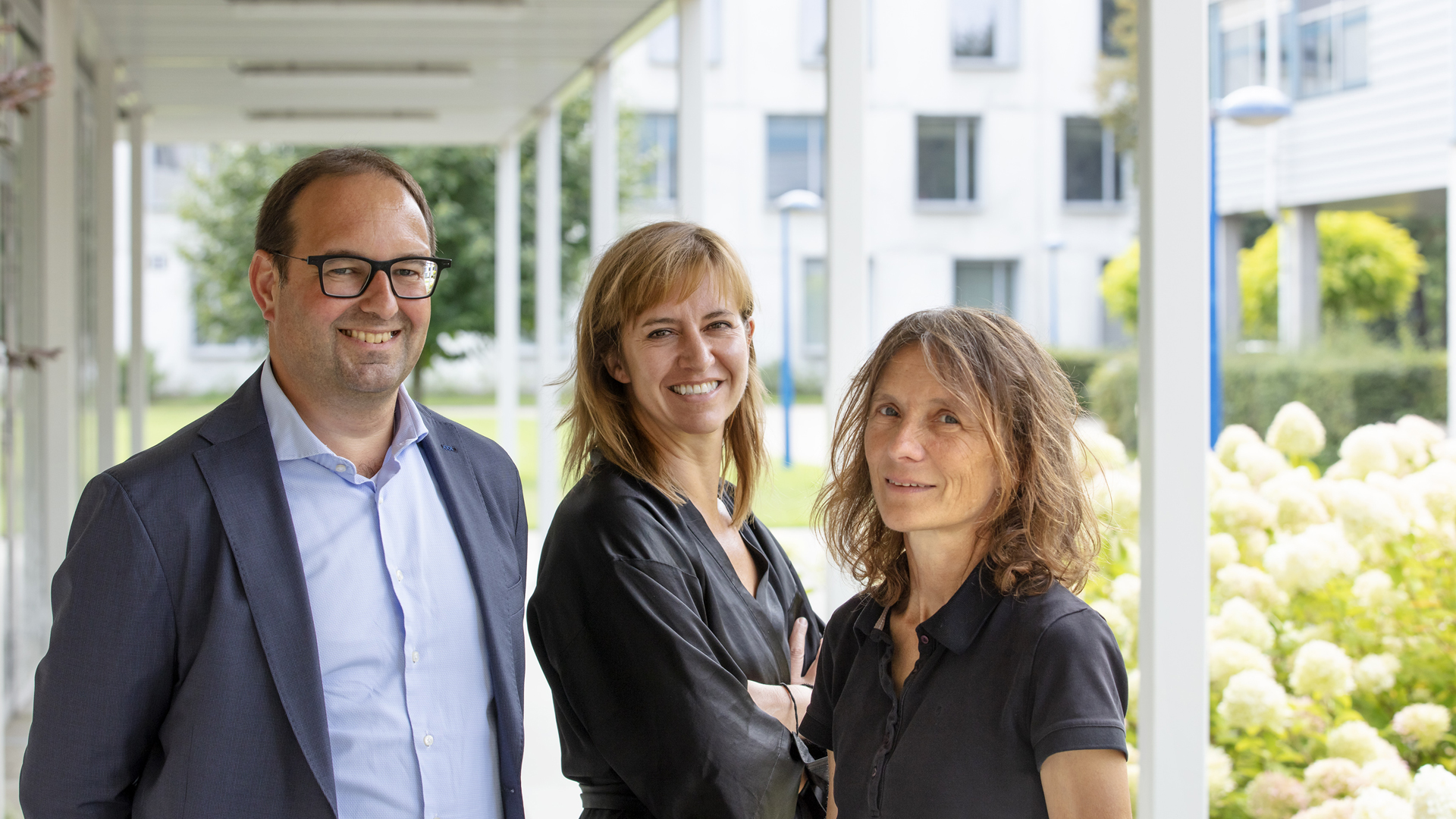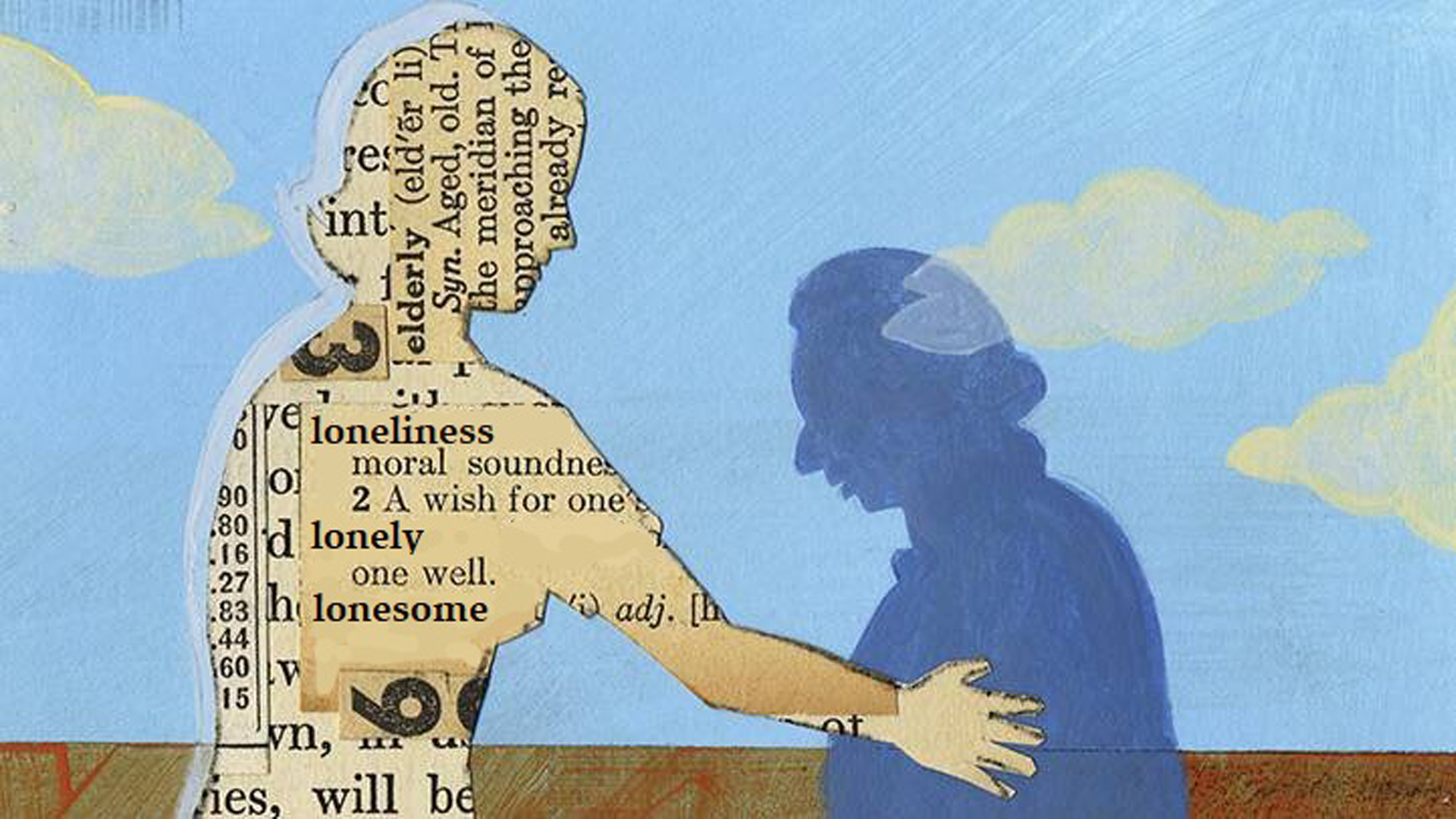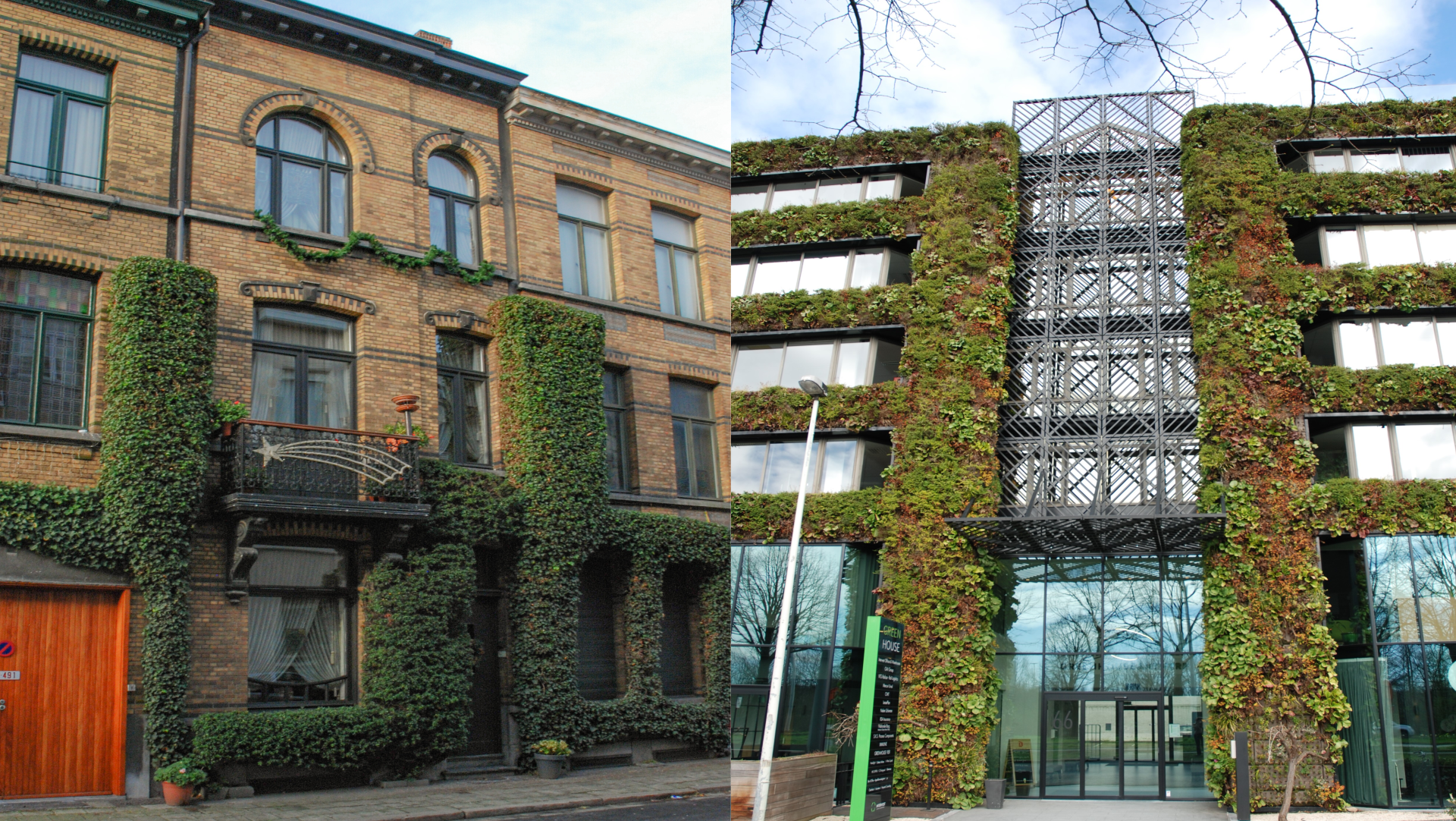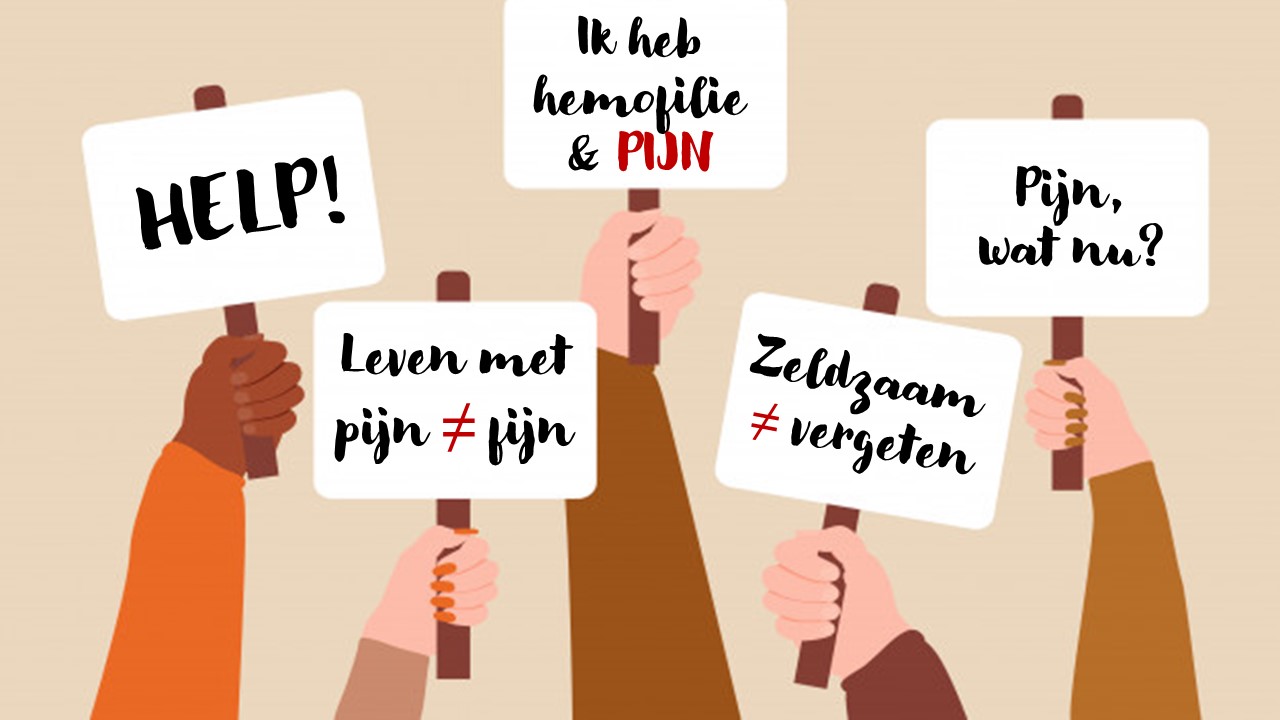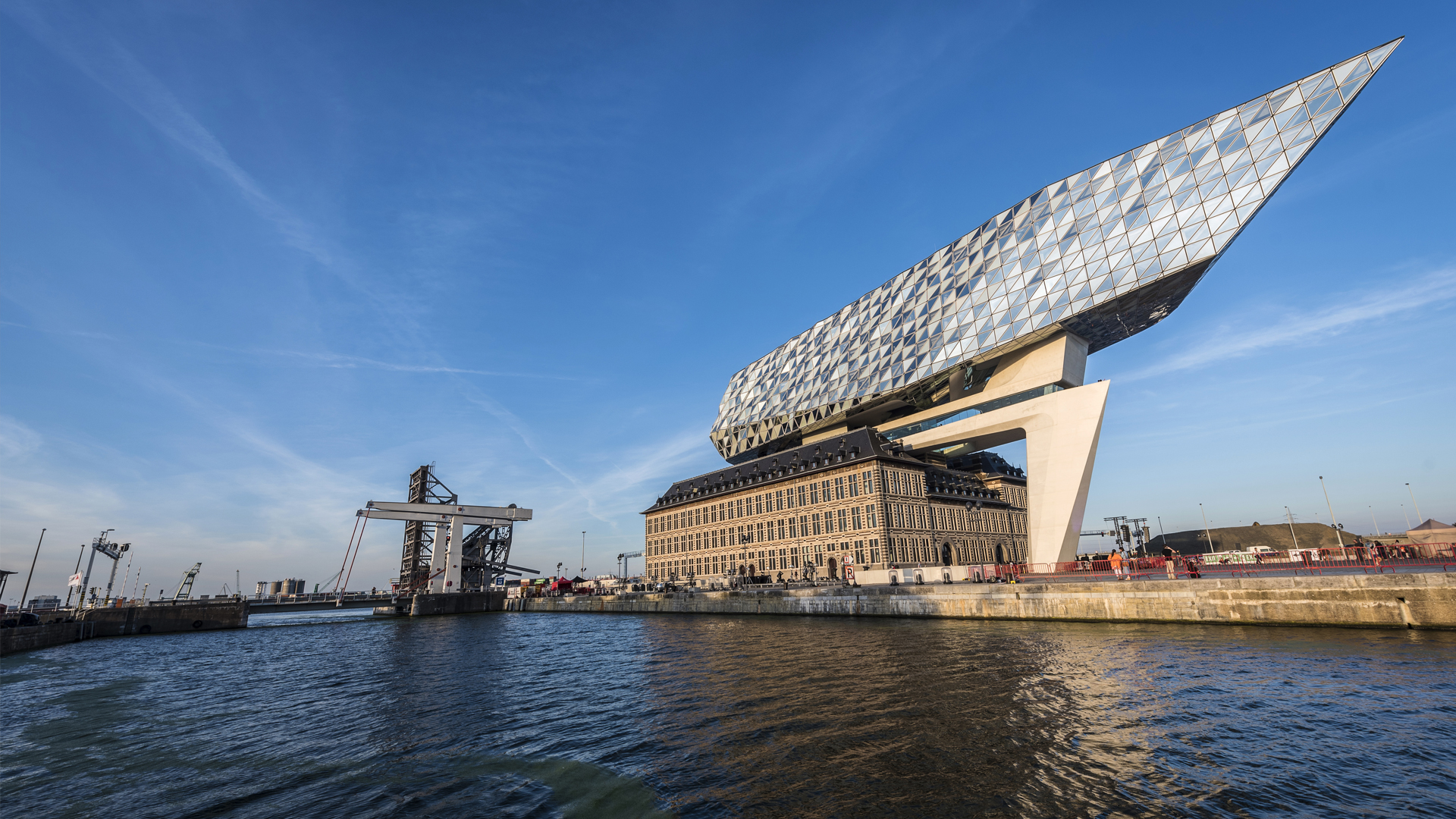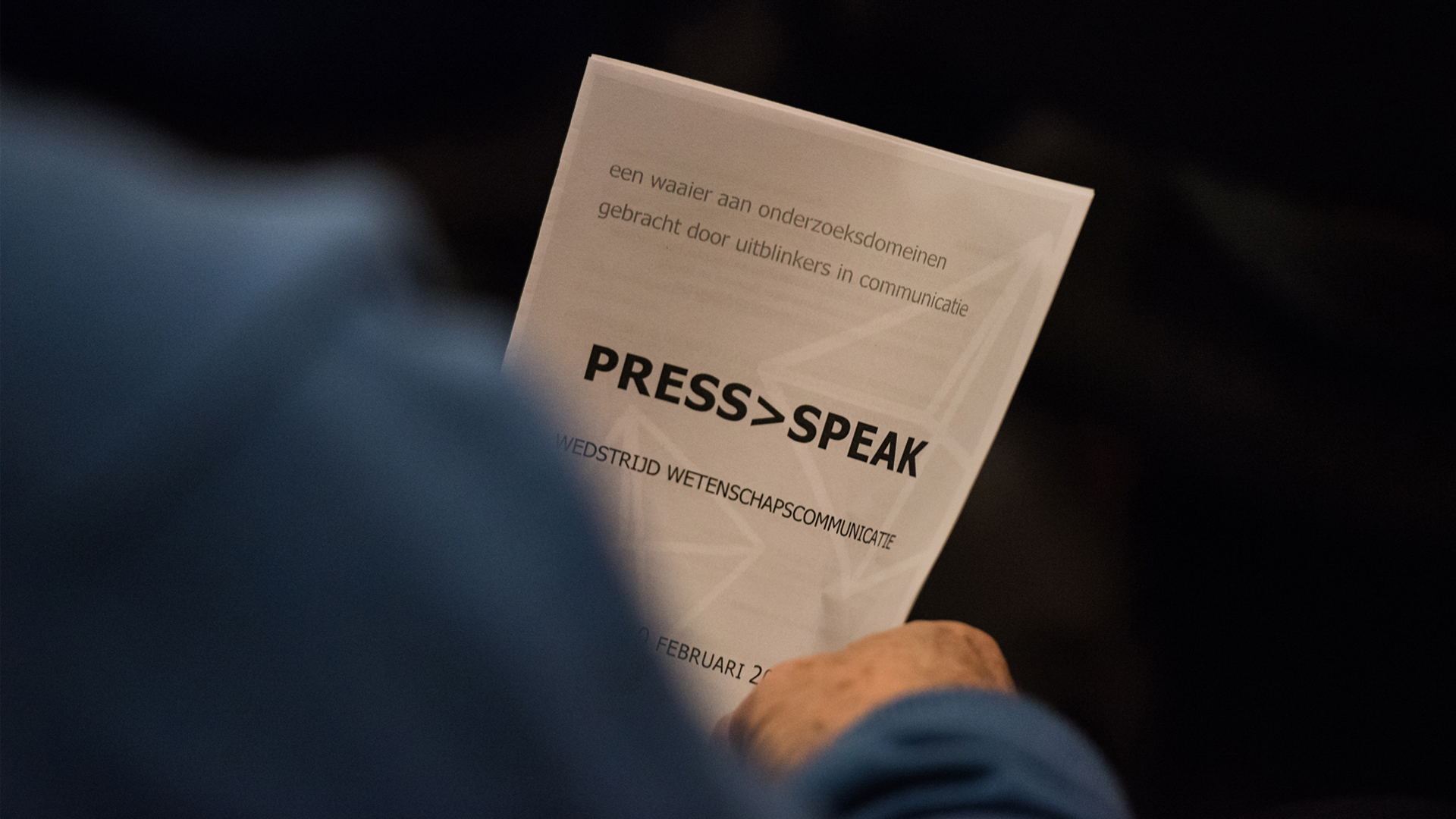Disposable is out, reusable is in. People are buying cloth vegetable bags, metal drinking bottles and glass containers to reduce their carbon footprint. But just buying new products will not get us there. Our behaviour has to change as well, and that appears to be easier said than done. According to research by ‘The Reuse Lab’ at the University of Antwerp, implementing smart design can help.
Filter
On 25 November, the International Day for the Elimination of Violence against Women, our Middelheim Campus will be coloured orange. By doing so, our university shows its solidarity for the worldwide campaign against physical and sexual aggression towards women that starts on that day. For this occasion, we give the floor to three scientists who are fighting against sexual assault with their research.
How do you create societal or economic added value with research? ‘More and more researchers are thinking about valorisation, but do not know how to go about this. That is what we are here for.’ Kris Asnong of Antwerp Valorisation & Development, Jurgen Joossens of the Valorisation Office and Professor Silvia Lenaerts, Vice-Rector for Valorisation, explain why and especially how our university wants to stimulate valorisation.
Nowadays there’s a lot of talk about isolation and loneliness. Yet no matter your age, it’s not easy to admit that you’re lonely. We think it’s only normal that elderly people are lonely. In her research, Haike searches for the human stories behind the statistics, hoping to do away with the stereotypical view of the solitary senior citizen.
It’s an increasingly common sight in cities: walls that are overgrown with plants. If you look closely, you’ll see black dust on the leaves of these green façades. That’s because these plants filter particulate matter from the air, improving air quality. But which type of green façade makes the best air filter? Scientists at the University of Antwerp are using a wind tunnel to investigate.
As the first winner of the PRESS>SPEAK writing competition, we present you Anthe Foubert’s article on haemophilia, one of the world’s best-known rare diseases.
The collaboration between our university and the Port of Antwerp is flourishing as never before. Some thirty research projects are currently underway. ‘The technologies we are investigating today could be part of our daily lives in just a few years’ time’, says project coordinator Svetlana Samsonova.
PRESS > SPEAK is the University of Antwerp’s annual presentation and writing competition. The presentations are often the first experiences of science communication for young researchers. See the results of the writing contest 2020.


